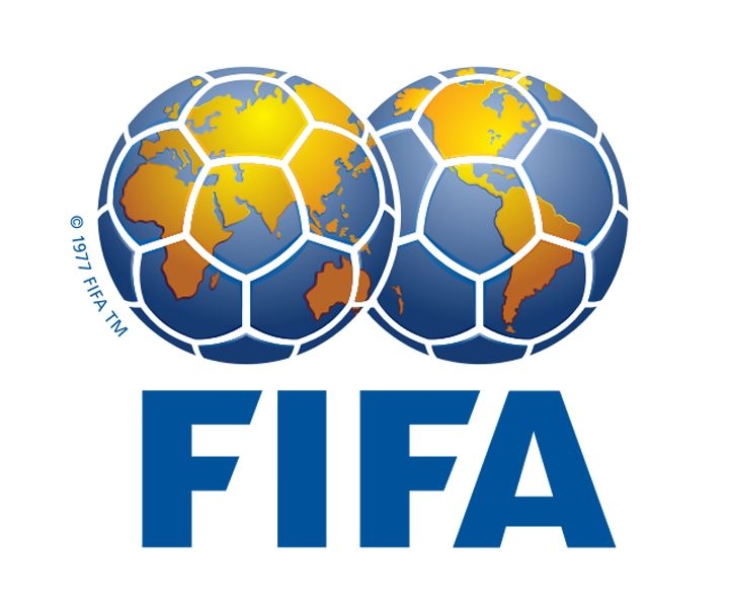Warning: Attempt to read property "params" on null in /home/notinhal/public_html/plugins/k2/k2canonical/k2canonical.php on line 382
FIFA: From Humble Beginnings to Global Football Leader
Fédération Internationale de Football Association (FIFA) is the synonym of global football. What started in 1904 as a small organization of just seven European nations has become a global governing institution for the world’s most popular sport. By way of its historic tournaments, seen-it-all-all records, and cultural impact, FIFA has become an indelible part of football. You should know that pretty well. If not, we will educate you on the matter. This article talks through FIFA’s amazing story from the beginning right up to the part it has played in making football what it is now. We look at how the organization has evolved, how it changed women’s football, record-breaking tournaments, and special moments. We will also discuss FIFA’s pervasive presence in popular culture. So keep reading to learn more.
The Evolution of FIFA and Its Tournaments
When the FIFA World Cup was introduced in 1930, it was hosted in Uruguay. After 13 teams took part in the inaugural tournament, Uruguay beat Argentina 4:2 at Montevideo in front of 68,346 fans. This was the first in a legacy that continues to capture the hearts of billions around the world.
Flash forward to the 2018 FIFA Men’s World Cup in Russia where the event reached 3.57 billion viewers globally — their eyes are almost half the world’s population. This was definitely the unmatched appeal of the tournament: 1.12 billion viewers watched the match up as France plays Croatia in the finals. Similarly, the FIFA Women’s World Cup has witnessed exponential growth, with the 2019 edition in France breaking records. It garnered 1.12 billion viewers across platforms, with the final match alone attracting over 82 million live viewers.
Viewership isn’t the only reason FIFA’s tournaments take place. For example, the 2014 World Cup in Brazil was one of the most profitable, with nearly $4.8 billion in revenue. At the same time, Qatar’s 2022 World Cup was a major milestone for sustainability and innovation with the first fully air-conditioned stadiums.
Breaking Barriers: Women’s Football Under FIFA
The rise of women’s football has always been among FIFA’s biggest achievements. The inaugural FIFA Women’s World Cup in 1990 featured woefully underwhelming viewership, but 2019’s FIFA Women’s World Cup in France was a real phenomenon. Record-breaking matches such as the USA Netherlands final seen by an average live audience of 82.18 million broadcast to 205 territories. FIFA is also the latest of the sport's major bodies to invest in promoting gender equality. Initiatives like the “FIFA Women’s Football Strategy” aim to double participation in women’s football by 2026. They ensure that the next generation has even greater opportunities to shine on the global stage.
Iconic Moments and Records in FIFA History
FIFA’s legacy is impossible to doubt. It is supported by unforgettable moments and milestones:
- Highest-Scoring Match — The 1954 World Cup game between Austria 7-5 Switzerland is the tournament’s highest-scoring game.
- Attendance Record — A remarkable 173,850 witnessed the site of a historic upset by Uruguay against the host nation in Brazil’s 1950 final at the Maracanã Stadium.
- Youngest World Cup Winner — In 1958, Pelé was only 17 when he helped Brazil win the World Cup and set a benchmark by becoming the youngest player to win it.
- First Women’s World Cup Hat-Trick — That 2015 final was undoubtedly the highlight of Carli Lloyd's legend, as the USA swept Japan to win on goals by a hat trick from the talented midfielder.
These milestones represent what FIFA has accomplished and emphasize the power of unifying football.
FIFA in Popular Culture and Video Games
FIFA as a brand is not only limited to the football field, but it also influences music, fashion, and even games. When it comes to football video games, there is no comparability. The FIFA series from EA Sports rules supreme. It was first published in 1993, and till now, it has been a commercial success with over 325 million copies sold worldwide.
One of the main aspects of the FIFA games is the Ultimate Team Mode – a mode where players can collect players and create their own teams both in packs and in the in-game transfer market. This mode has changed the face of virtual football, combining strategy with the thrill of assembling a star-studded lineup. FIFA Coins, the virtual currency within the game, are also used here and players use them to buy new players, kits, and other stuff, or even upgrades for their team. Many fans choose to buy FIFA coins to fast-track their progress and compete effectively, showcasing how gaming mirrors real-world football dynamics.
FIFA’s Future: Innovation and Sustainability
Technology and sustainability are on the minds of FIFA as the governing body looks toward next year. Thus, in 2018, VAR (Video Assistant Referee) was introduced in tournaments and has brought greater fairness to matches. In addition, FIFA is dedicated to environmental responsibility through taking initiatives such as carbon-neutral World Cups and investment towards renewable energy projects. Additionally, FIFA expanded the Women's World Cup from 24 teams to 32 in 2023.
FIFA itself is also pushing anti-racism campaigns within the sport. Alongside these, the Football Association has issued a range of tickets to LGBT groups that have supported anti-racism campaigns. Additionally, while football has become increasingly more integrated with digital platforms, fans in every location around the globe will be able to access the sport.
Conclusion
FIFA has played a key role in shaping the past, present, and future of the sport by organizing record-breaking tournaments, promoting inclusivity, and driving innovative concepts. Beyond the field, it has inspired millions through video games like EA Sports' FIFA and initiatives promoting sustainability and gender equality. As FIFA continues to grow, one thing is certain: the organization’s legacy as a global leader in football is only just beginning.


